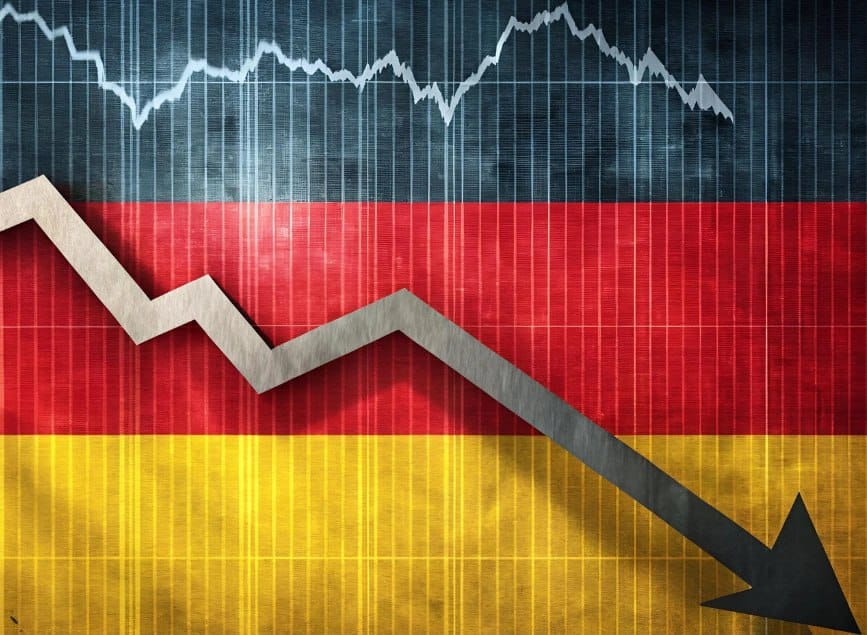
Germany Producer Prices Change
Germany’s economy saw a further decline in producer prices in September 2024, continuing a trend of deflation that has now lasted for over a year. Let’s dive into the specifics of this development and what it means for the broader economic picture.
Year-on-Year Deflation Worsens
In September 2024, producer prices in Germany fell by 1.4% compared to the same month last year. This marks the 15th consecutive month of deflation, with the rate of decline deepening from the 0.8% drop observed in July and August.
The Impact of Energy Prices
One of the primary drivers behind this decline has been the significant reduction in energy costs. In fact, energy prices fell sharply by 6.6% year-on-year, with various energy-related sectors seeing steep drops:
- Mineral oil products: -14.4%
- Heating oil: -27.8%
- Fuels: -16.1%
- Natural gas: -10.4%
- Electricity: -9.5%
The dramatic fall in energy prices has played a significant role in pulling overall producer prices down.
Excluding Energy: Prices on the Rise
Interestingly, when energy prices are excluded from the equation, Germany’s producer prices actually rose by 1.2% year-on-year. This increase can be attributed to price hikes in several key sectors:
- Capital goods: +2%
- Consumer goods: +1.5%
- Intermediate goods: +0.5%
These figures show that while energy costs have been a major deflationary factor, other areas of the economy are experiencing price increases, particularly in capital and consumer goods.
Monthly Decline More Than Expected
On a month-to-month basis, producer prices dropped by 0.5% in September, a more substantial fall than analysts had anticipated. This followed a modest 0.2% rise in August, further signaling the ongoing deflationary pressures in the German economy.
What Does This Mean for Germany’s Economy?
The continued decline in producer prices, particularly driven by falling energy costs, points to ongoing deflationary pressures in the German economy. However, rising prices in non-energy sectors, such as capital goods, suggest that there are still areas of growth. The deepening of deflation in September raises questions about how the broader economy will react and whether further government or central bank intervention may be necessary to support price stability.
Share
Hot topics

Best broker for gold trading
There’s always been a certain magic about gold. Before online charts and trading applications, people stored their wealth in coins and bars, trusting that gold would retain its value during...
Read more




Submit comment
Your email address will not be published. Required fields are marked *